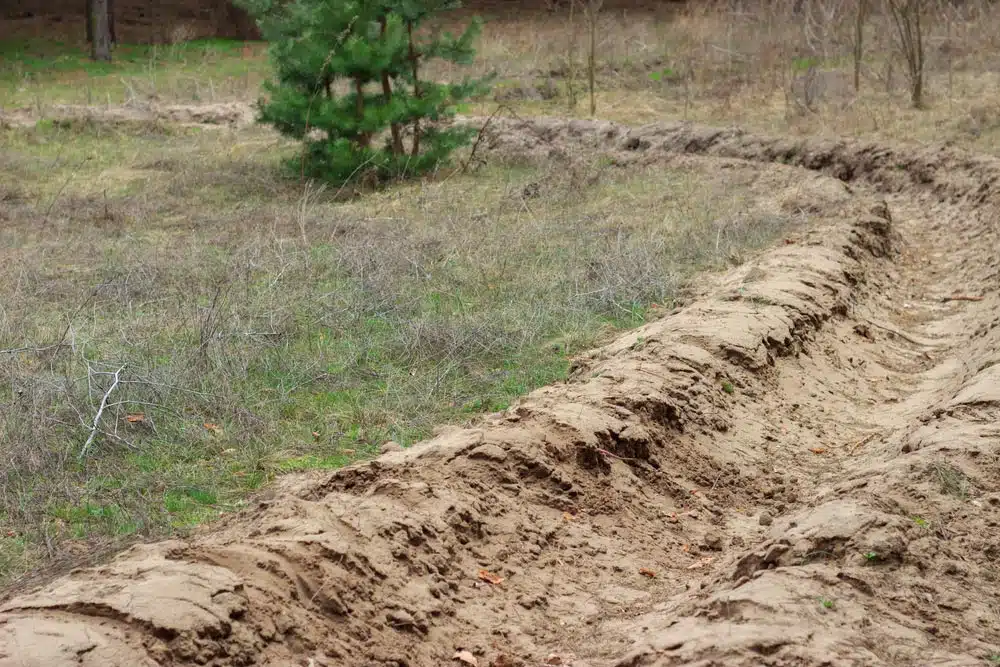Australia is no stranger to bushfires. In recent years, the country has experienced some of the worst bushfires in history, resulting in significant loss of property and human life. For homes and businesses in Australia, the threat of bushfires is real, and it’s essential to take steps to prevent and minimise the damage caused by these fires. BEMC can create a comprehensive bushfire management plan for your property, as well as a range of other relevant prevention services. Ahead are key steps you can take now to safeguard your property, household and belongings against bushfires.
Develop A Bushfire Plan
The first step in preventing bushfire damage is to develop a bushfire plan. The plan should outline the procedures and protocols that your household or staff will follow in the event of a bushfire. It should include the following:
- Evacuation procedures
- A list of emergency contacts
- A map of the company’s facilities and surrounding areas
- Equipment and materials needed for firefighting
- The roles and responsibilities of each individual during a bushfire
- Regular training and drills to ensure everyone is prepared and knows what to do in an emergency
Create A Firebreak
A firebreak is a buffer zone that separates the company’s property from the surrounding vegetation. It can be created by removing flammable materials such as dry leaves, twigs and grass from around the property. Firebreaks help to slow down the spread of fire and provide a safe space for firefighters to work.
Maintain Vegetation
Maintaining vegetation is essential in preventing bushfires. Regular pruning and mowing of grass, shrubs and trees around the property can significantly reduce the risk of fires. Dead trees and branches should be removed as they are highly flammable and can easily catch fire.
Install Fire Sprinkler Systems
Fire sprinkler systems are an effective way to prevent and minimise the damage caused by bushfires. They can detect fires early and release water to extinguish the fire before it gets out of control. Installing fire sprinkler systems in strategic locations around the company’s facilities can help to prevent the spread of fires.
Use Fire-resistant Materials
Using fire-resistant materials in the construction of buildings and other structures can reduce the risk of damage from bushfires. Materials such as steel, brick and concrete are less flammable than wood and other commonly used construction materials. Fire-resistant materials can also help to slow down the spread of fires.
Monitor Weather Conditions
Monitoring weather conditions is essential in preventing bushfires. High temperatures, low humidity and strong winds can increase the risk of bushfires. Keep track of weather conditions and take appropriate measures to prevent fires during periods of high risk.
Practice Responsible Waste Management
Improper disposal of waste can also increase the risk of bushfires, so it’s important to practice responsible waste management by ensuring that flammable materials such as chemicals, batteries and oily rags are properly stored and disposed of. Waste bins should be emptied regularly to prevent the build-up of flammable materials.
Prepare For Power Outages
Power outages can occur during bushfires, making it challenging to use electronic equipment such as computers and phones. Install or invest in backup power sources such as generators or solar systems to ensure that critical equipment can still be used during a power outage.
Stay Informed
Staying informed about bushfires and fire danger ratings is essential for Australian homes and business. The Australian Government Bureau of Meteorology provides daily updates on weather conditions and fire danger ratings. You should also follow the advice of local authorities and emergency services during bushfires.
Speak To A Qualified Bushfire Consultant
BEMC can provide services and recommendations to further safeguard your property against bushfire damage. Speak to one of our professional consultants to assess your problem areas and determine the best management solutions. Call us today on 0408 667 137.








